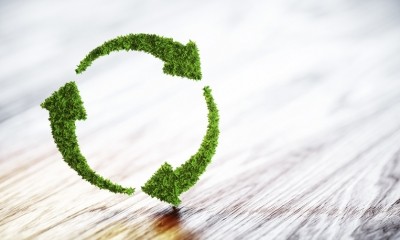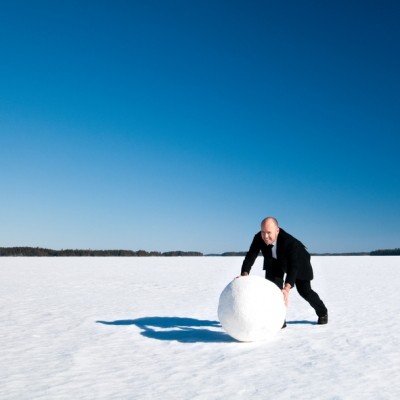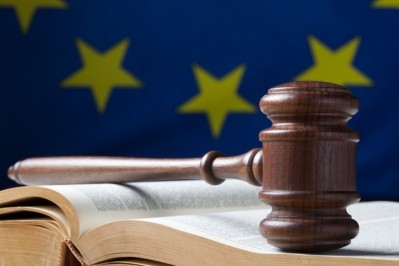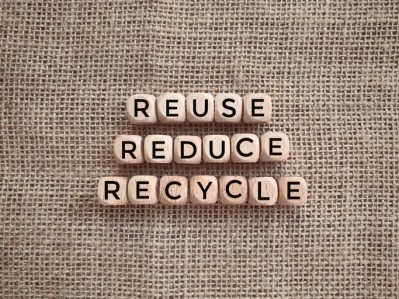Legislative developments ahead to extend use of insects in feed in Europe
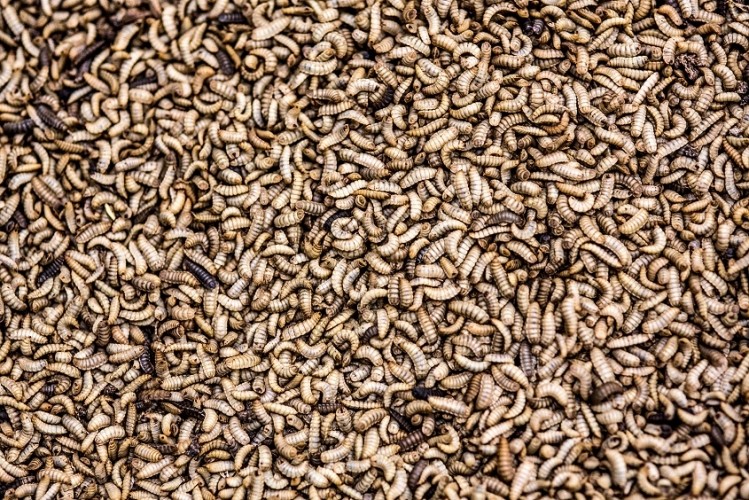
A virtual workshop organized by the Brussels based industry group, International Platform of Insects for Food and Feed (IPIFF), heard from European Commission spokespersons on this, notably Sabine Juelicher, Directorate-General for Health and Food Safety.
She said the Commission, from now up to 2030, as part of the EU Green Deal, is determining how to manage the transition to a more environment friendly food system that provides social security and economic sustainability – the three pillars of sustainability under one umbrella.
Insect farming is the embodiment of those three pillars, said Juelicher.
“We recognize the role that insect farming can play in the Farm to Fork strategy, in making our food systems more sustainable,” she commented.
The Commission envisages a scaled-up, safe, economically viable and competitive insect protein production sector in the EU and is working to support such a vision.
“Insect are powerful bioconverters, with a low environmental footprint. [Insect farming] has a lot of potential to help our food systems become more sustainable. We want to support this journey."
She stressed that the Commission made a commitment to foster the development of alternative feed materials such as insects to reduce EU dependency on feed materials like soybeans that have to be, in the main, imported. “[Moreover], we are not in full control of the growing conditions [of such raw materials].”
Furthermore, EU research and innovation programs, under the ‘Horizon Europe’ framework, currently include numerous research projects on insect protein production, she added.
Poultry and pig feed extensions
In terms of the authorization of insect protein into feed for species beyond aqua and pets, she said the Commission is “working intensively” with Member States to have insect protein authorized for use in poultry and pig feed. “It is part of a bigger, complex package; nevertheless, we see a lot of opportunity around opening up the market for insect protein.”
The Commission is also supportive of the idea of fostering the development of additional insect feed materials.
Juelicher said that sustainability can’t trump safety in this area, however.
EFSA opinions determining any inherent risk from using former foodstuffs containing meat or fish, for example, as new substrate sources, which IPIFF members have proposed as a way forward, would be needed as a first step. “Under no circumstances can we jeopardize human or animal health.”
The Commission, she said, is also working on the adoption of harmonized standards for insect frass.
Bas Drukker, Directorate-General for Agriculture and Rural Development, also participated in the workshop. He mentioned that secondary EU legislation could be adopted in 2021 in order to develop harmonized EU organic standards for insects as food and feed products, as well as insect frass.
